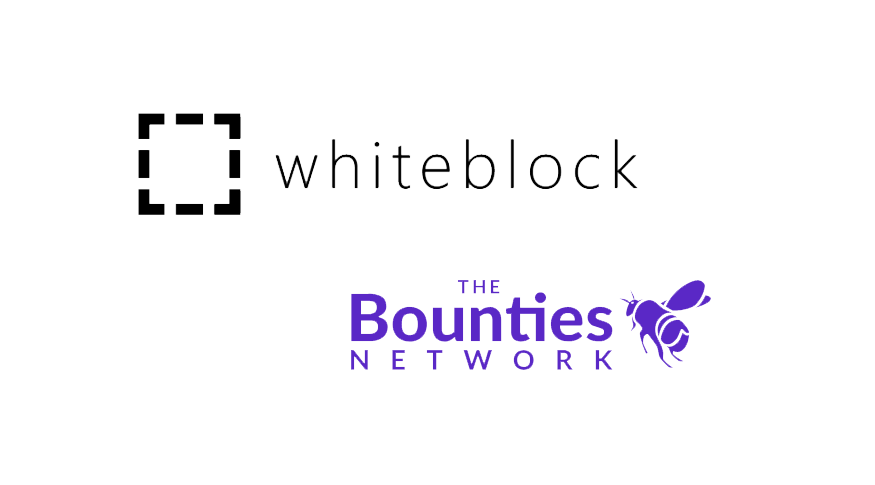Whiteblock, a company offering a scalable test system for blockchain and enterprise DLT developers announced today they have completed an independent benchmark testing of the EOS software. According to Whiteblock, EOS test results indicate dramatically lower transaction throughput than previously advertised when benchmarked under realistic network conditions.
The benchmark testing project was publicly requested by a collection of companies using the Bounties Network, a platform that enables individuals and groups to self-organize and fund actions of communal interest.
Led by Brent Xu, ConsenSys Project Lead, this study was a follow up to the Blockchain vs DLT series on further understanding interrelated dynamics between systems.
Blockchain organizations such as Cosmos, Ethereum Community Fund, Amis, Maker DAO, IMToken, PlatON, Status, Loom Network, Coinfund, 1KX, Transference Fund, Web 3 Foundation, Grid+, MixLabs, Ledger Capital, Enterprise Ethereum Alliance, Google, Microsoft, ConsenSys and Bo Shen – Founding Partner of Fenbushi Capital & Cofounder of Bitshares, along with academic institutions such as Duke, USC, and MIT have committed to contributing resources to develop comprehensive reports based on Whiteblock’s raw data.
Many blockchain companies make claims on scalability and transactions per second without independently verifying these metrics, influencing dApp developers, enterprises, and governments that are exploring blockchain solutions without a proper understanding of the technology.
In a world of whitepapers and marketing lingo, Whiteblock aims to provide an independent, objective method of validating performance claims. Adequate pre-deployment testing helps development teams avoid network failures like those resulting from the CryptoKitties incident of 2017. It’s critical that development teams have the ability to anticipate performance under suboptimal conditions when failure to deliver could significantly diminish credibility and investor confidence.
Whiteblock was chosen after successfully creating a replica of the EOS network that could be used to test the network’s ability to withstand certain stress conditions and various faults that would be typical in a production environment.
Whiteblock created a network to evaluate the following metrics:
- Transactional throughput
- Resilience to adverse network conditions
- The effects of variable transactions rates and sizes
- Average time to finality for a transaction
- Fault tolerance
- Partition tolerance
Whiteblock launched the test project in September 2018, and after two months of testing the EOS network under a variety of environments, the group will share the raw data for the research groups to evaluate and interpret conclusions about the state of the network.
Based on initial interpretations of the resulting data, network emulation testing, and source code, the investigation has come to several conclusions about the EOS software:
- EOS is not a blockchain, rather a distributed homogeneous database management system, a clear distinction in that their transactions are not cryptographically validated.
- EOS token and RAM market is essentially a cloud service where the network provides promises for computational resources in a black box for users to access via credits. There is no mechanism for accountability due to the lack of transparency in what Block producers are able to create in terms of computational power.
- EOS throughput is significantly lower than EOS initially claimed in marketing materials.
- EOS suffers from consensus failures and lacks Byzantine Fault Tolerance.
The research results prove the inaccuracies in performance claims and concluded that the foundation of the EOS system is built on a flawed model that is not truly decentralized. After years of momentous development and promise in the blockchain ecosystem, Whiteblock testing, led by Zak Cole CTO, is spearheading accountability, by creating a process for evaluating blockchain protocols in a rigorous test environment.
“Our Whiteblock test framework is blockchain agnostic. We’re also running performance tests on other leading blockchains. Whiteblock’s established testing methodology and tooling has been proven to accurately test complex networks at scale. With Whiteblock, customers can easily validate performance, conduct due diligence, or run competitive benchmarks for a number of technologies and systems.”
Whiteblock will live stream the EOS benchmark tests in November (RSVP here to get an invitation to the live stream).
